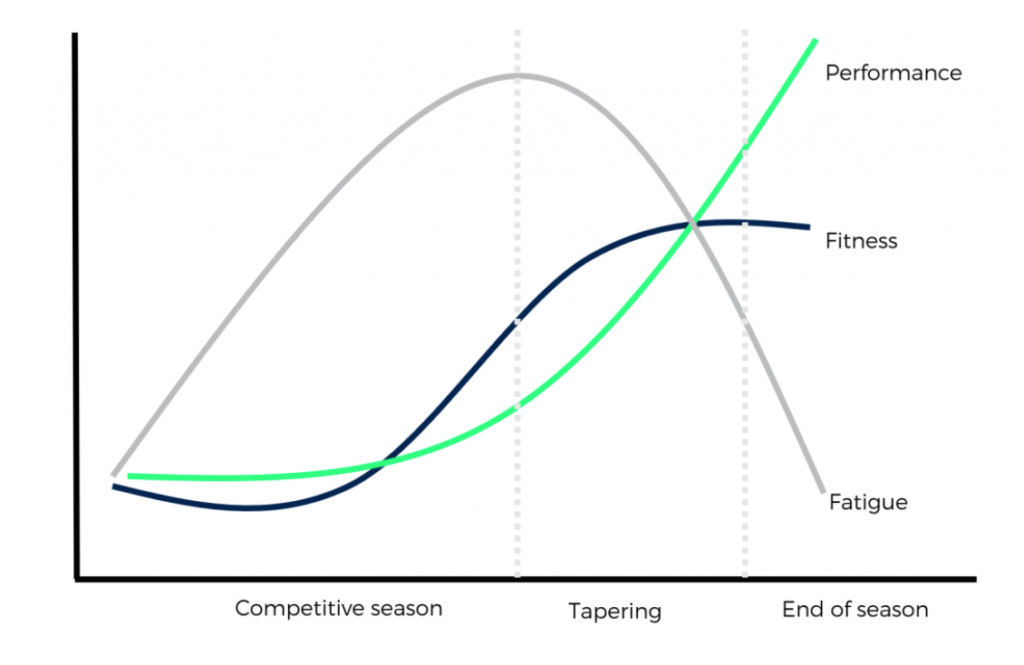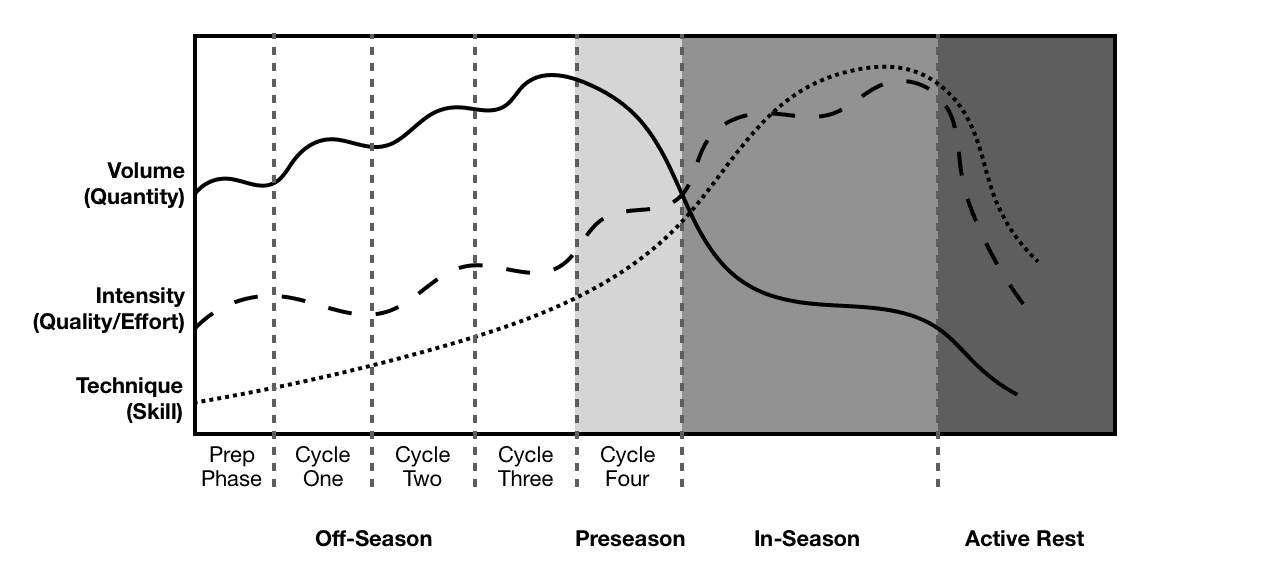No time for practising? Just a bit, but do it well
Tapering in music practising
How often old wisdom is confirmed by science!
Following last week’s newsletter, in which we introduced the concept of super-compensation and the importance of periodisation in music practising, I’d like to talk this week about tapering.
It is crucial, when facing an important event, to reduce the practising time to avoid arriving exhausted at the event. The same, if we don’t have any event, but we are practising hard for four weeks in a row, it is crucial that we take it easy for one week, to avoid scaling of fatigue and give a bit of time to our achievements to settle in. But how shall we take it easy in a reductive way? By practising the same amount of sessions, but reducing the length of these sessions, and increasing the intensity (this is a sport therm), that for us is the quality, the attention to details.
This is called taper.
The taper is a progressive nonlinear reduction of the training load during a variable period of time, in an attempt to reduce the physiological and psychological stress of daily training and optimize sports performance. The aim of the taper should be to minimize accumulated fatigue without compromising adaptations. (Mujika 2002)
It is achieved by:
Decreasing the volume of work by 50-70%
Maintenance of the intensity (quality)
High specificity of tasks
Maintenance of the number of working sessions
First, you practice a lot, then you dramatically reduce the time to avoid fatigue, but maintain or increase the quality (attention to small details, any “detail”, like to sound quality in a crucial passage, or its interpretation, or a position shifting…). Be careful that it doesn’t work the other way round. If you concentrate on little details without having settled the habit of longer sessions, you will fall into maniacal and paranoid practising, you’ll end up exhausted, and nothing good will come out.
There is this story that in Mirecourt, bow-making students were doing things slowly and aiming for perfection from Mondays to Thursdays, and on Fridays they just went fast. This seems to be the opposite of what we explained. But it’s not, because they were trained to be professional, to go and apprentice in a professional workshop in which they would be required to be fast. So, first a lot of quality, then less quality but fast, that is to say more intensity. The same tapering concept differently applied. When planning, we need to keep in mind our goals.

Updates from our workshop
We’re featured on The Strad!

Next week we’ll be on a short road trip to Switzerland, so expect this newsletter to be a bit late.
Featured video of the week
Ryo Terakado creates a beautiful meditative moment in this “Ancor che col partire”






